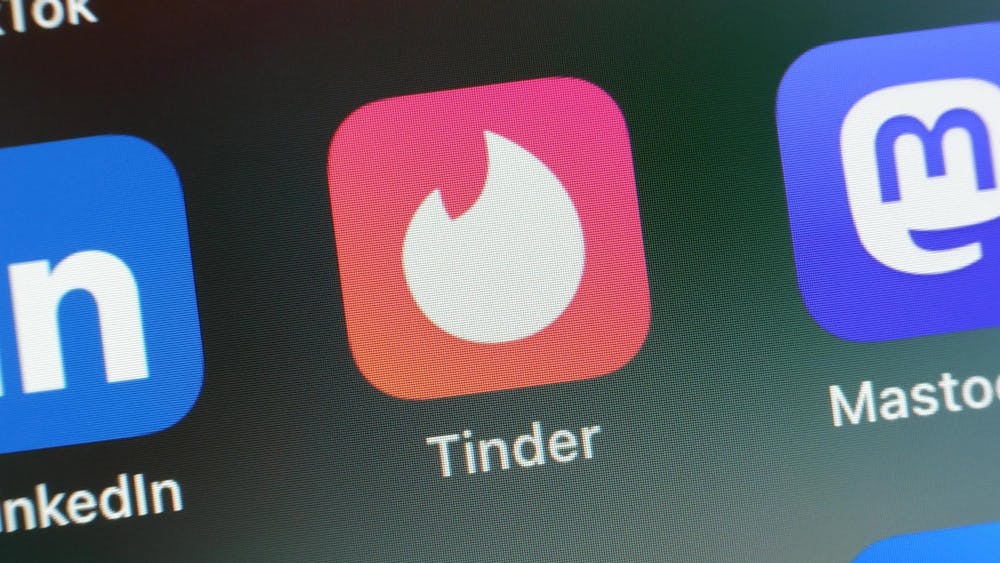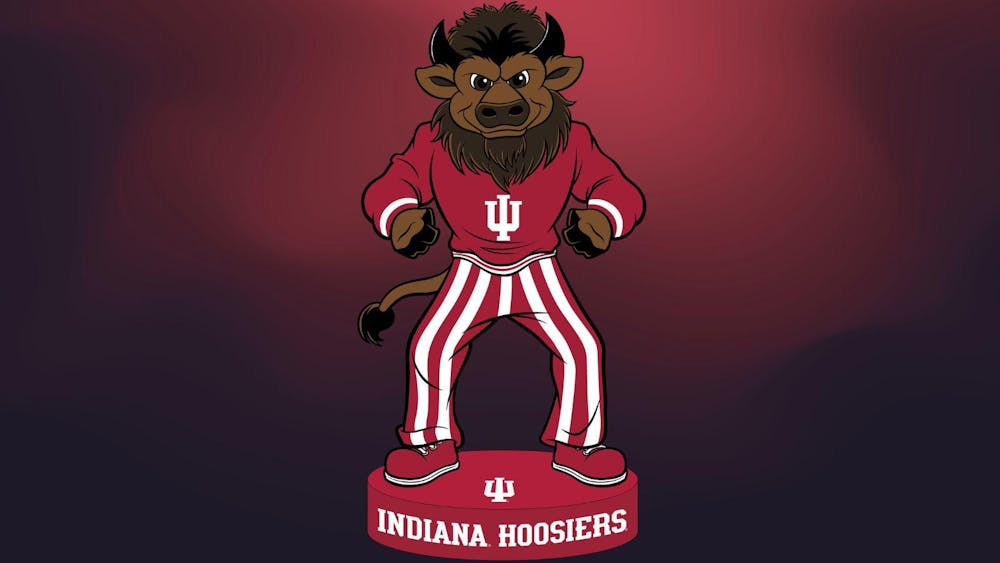One of my favorite Father John Misty songs is “Holy Shit,” the penultimate track off his sophomore album “I Love You, Honeybear.” The song is really about the breakdown of modern society, a disillusionment caused by rampant consumerism and the increasing realization of living in a meaningless, absurd world. One line in particular, toward the end, has always stuck with me:
“Maybe love is just an economy, based on resource scarcity.”
It’s true love, in some ways, has always been inextricably tied to the socioeconomic factors of society: After all, arranged, finanically beneficial marriages were the norm for much of the world until the 18th century. But, with the rapid expansion of the internet, and the seeming democratization of it, there’s been a push for a liberalization of the dating scene; one defined, on the surface, by even greater free will and choice. Naturally, this push has been headed by multimillion and multibillion dollar corporations like Tinder, Hinge and OKCupid, all of whom are continuously competing for our time and attention.
I use the word “liberalization” — the supposed trend of the market toward personal liberty and limited government interference — very deliberately, because dating apps are metaphorically equivalent to the capitalist economic system. In 2003, Joseph E. Davis, a professor of sociology at the University of Virginia, adapted Karl Marx’s definition of a commodity — an object that has an exchange value on the market because of its utility — to describe an ever-increasing trend he calls “the commodification of self.”
Davis defines this concept in two distinct ways, though the second one is more useful for our purposes — self-commodification, he wrote, is “the reorganization of our personal lives and relationships on the model of market relations.” He specifically points to the then-burgeoning business of “personal branding,” something we’re all too familiar with today with the rise of influencer culture and social media.
But let’s get back to the micro picture of dating apps: to swipe right or left on somebody doesn’t necessarily cost the user any money, like a traditional marketplace tranasaction does. You aren’t losing anything in the process if a particular match goes nowhere, except maybe your time. Nevertheless, the metaphor still stands: The concept of self-commodification remains vitally relevant to this uniquely modern experience. On an app like Tinder, you create a profile, thus earning the company money through ad revenue without even having to pay them. In a word, you become one of their products.
It’s quite similar to a social media app in this respect; like a social media app, your goal is to present the most flattering portrait of yourself on your profile — in a way, maximizing your exchange value.
Further, there’s an inherent strategy to dating apps that functions as an open secret: the average person is only going to spend a few seconds actually looking at your profile before swiping one way or another. A study conducted by Northwestern University’s Kellogg School of Management and the MIT Data Lab found users spent an average of 5.7-8.7 seconds on each profile they encountered, the numbers varying depending on the user’s gender identity and whether they found the person in the profile attractive.
Boiling down the psychology in these apps, it begins to look sociologically bleak — in other words, we’re quite literally window shopping for potential romantic and sexual partners before even talking to them.
As of 2022, Tinder was used by 71.1 million users. And those are only active users — since its launch, the app has seen over 430 million downloads. Along the same lines, a recent study from Forbes found that 45% of those surveyed met their current partner on a dating app — the largest number in the 27-42 years age bracket.
Simply put, it’s pretty close to a universal experience.
It’d be easy, at this point, for me to hop on my high horse and criticize these apps, acting as though I’m politically and socially superior to their users, but the truth is I do use them. I know well the cycle of swiping right or left on Tinder late at night, responding to matches, going on dates and seeing what comes of it. I also know well the feeling of validation I get when I receive a match, the feelings of rejection I have when I’m not receiving any. A 2016 study from the American Psychological Association reported just that, and I’d be more than willing to bet the systemic issues at hand haven’t changed in the past eight years.
Perhaps there’s no really great way of dealing with this beast we’ve created. We just sort of have to get used to the fact we’ve allowed a handful of corporations to totally change the way and manage how we meet sexual and romantic partners. I’m certainly not going to delete the app in solidarity with the broader movement anytime soon. Maybe there’s merit to the call to nationalize dating apps into a user and developer owned cooperative, as espoused by a writer in Jacobin — it’s an interesting assertion, and one I’m not entirely opposed to as a Marxist. But it’s hardly materially feasible.
Until such time as love under socialism should become a viable concept, we’ll have to continue to deal with love under capitalism; and love under capitalism is the quest to self-commodify, the persuasion to put all of your romantic and sexual desires in the hands of a massive corporation. And that’s possibly the least lovely image one could possibly paint.
Joey Sills (he/him) is a junior studying English and political science.
CORRECTION: This article has been corrected to indicate the correct number of Tinder users in 2022.






